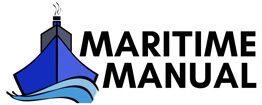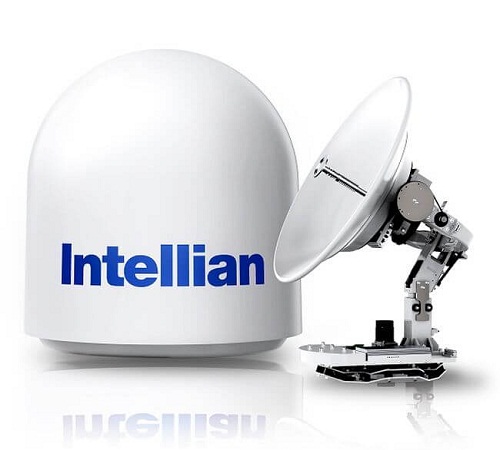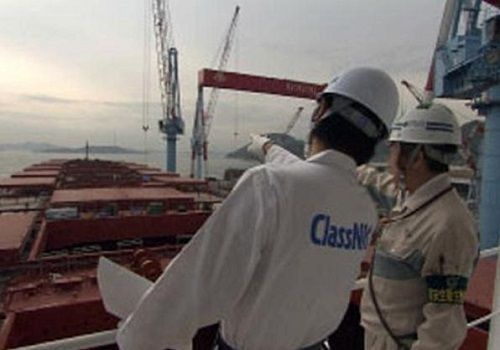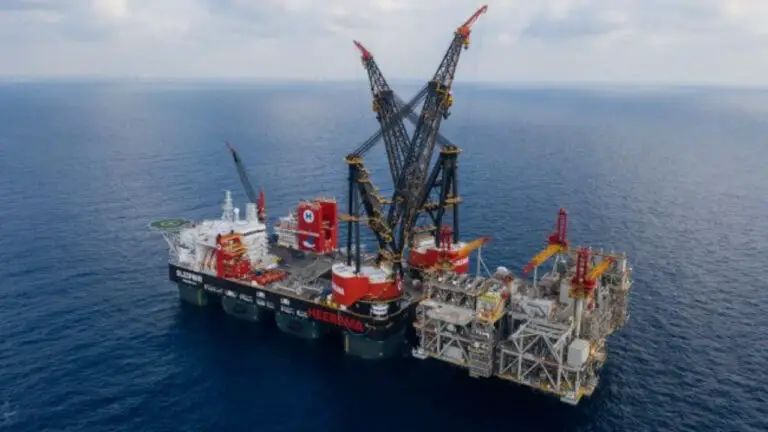SEA\LNG: MEPC Actions Provide Greater Certainty to Shipowners
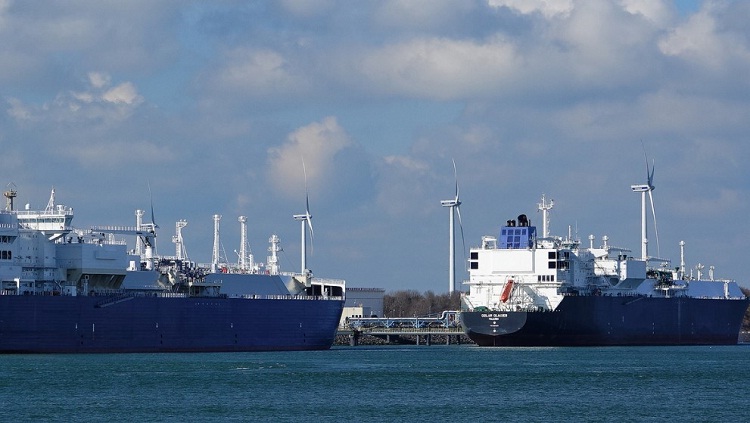
The multi-sector industry coalition aiming to accelerate adoption of LNG also applauded the adoption of the amendment to MARPOL Annex VI for a carriage ban on non-compliant fuels for vessels without an approved equivalent arrangement to meet the sulphur limit – such as an exhaust gas cleaning system (EGCS) on March 1, 2020.
“We believe both actions provide greater certainty to ship owners considering new build and retrofit investment options in compliant marine fuelling solutions such as LNG. This sends a strong message to the whole maritime industry, including fuel suppliers to be prepared to deliver compliant marine fuels,” Peter Keller, SEA\LNG chairman and executive vice president of TOTE, commented.
SEA\LNG also highlighted the central role of LNG, not only in complying with the 2020 global sulphur cap, but for its potential to help achieve the IMO’s target for a 40% reduction in carbon intensity by 2030 – a sentiment supported by major flag states and ship owner organisations at MEPC 73 – and total emissions by at least 50% by 2050.
“Improvements in marine propulsion systems continue to advance apace, with today’s engines already significantly ahead of previous years’ technologies. It is expected that these improvements will continue as OEMs concentrate on accelerating emissions performance. In combination with efficiency measures being developed for new ships in response to the IMO’s Energy Efficiency Design Index (EEDI), LNG provides a viable and effective means of achieving the IMO’s target for a 40% reduction in carbon intensity by 2030, as well as longer term goals,” Keller added.
LNG provides the shipping industry with the opportunity for a safe and scalable fuel to meet global marine energy demands. Bulk supply infrastructure for LNG already exists along the main shipping lanes today and LNG bunkering capacity is growing rapidly with 20 bunker vessels expected to be in service by 2020.
“Meeting the ambitious emissions targets set by the IMO requires unified action from the entire shipping industry, including ship owners, the supply chain, scientists, engineers and analysts,” Keller concluded.
“Academic studies and other discussions that criticise the effectiveness of proven alternative fuelling solutions such as LNG, but stop short of offering realistic alternatives, will only detract from genuine efforts to reach the IMO’s goals,” he remarked.
Press Releases: LNG Carriers
Photo Courtesy: LNG Carriers
